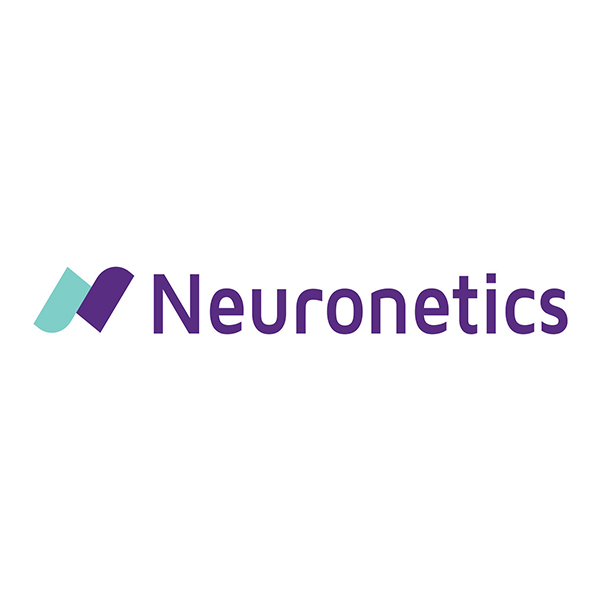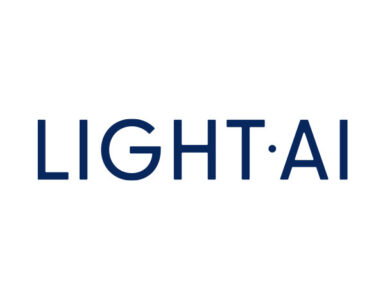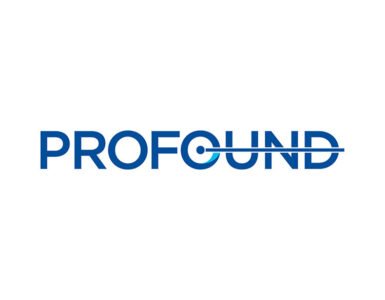
Analysts for BTIG and Canaccord Genuity slashed their price target for Neuronetics (NASDAQ:STIM) but maintained their “buy” ratings, citing a potential leaner post-pandemic business model.
Neuronetics markets the NeuroStar system for the treatment of adult patients with major depressive disorder that have failed to achieve satisfactory improvement from prior antidepressant medications.
Analyst Marie Thibault of BTIG lowered her price target to $6 from $11. Shares of Neuronetics closed at $1.77 on April 8.
“Following the prior CEO’s departure in early March, we anticipated that Neuronetics might use the transition and disruption from the pandemic as an opportunity to cut expenses and overhaul the selling approach,” Ms. Thibault writes. “Indeed, Neuronetics is undergoing a restructuring initiative, slashing discretionary and headcount spending meaningfully; we think this is the right move.”
Ms. Thibault said she is “meaningfully reducing our revenue estimates, assuming a dramatic drop off in patient treatments per active units for late March through June. Factoring in a reduced salesforce headcount, we reduce revenue in the back half of 2020 as well,” she added.
“We do expect the company’s business to recover from any potential COVID-19 distraction, perhaps with a leaner business model that could allow for profitability much sooner – but this needs to be proven.”
Canaccord analyst Jason Mills lowered his price target to $4 from $7.
While Neuronetics is isolated from the hospital setting, Mr. Mills said that in the short term, “we believe the firm’s capital sales will be impacted as we expect customers to defer capital purchases, with new patient volume likely drying up in many regions as well, as potential patients increasingly postpone therapy and as centers potentially reduce operations and/or temporarily close.”
However, “we think that as we emerge from this crisis, a larger focus will be placed on mental health, a theme we believe bodes well for Neuronetics positioning, driving higher volumes of patients to seek therapy overall,” he added.






